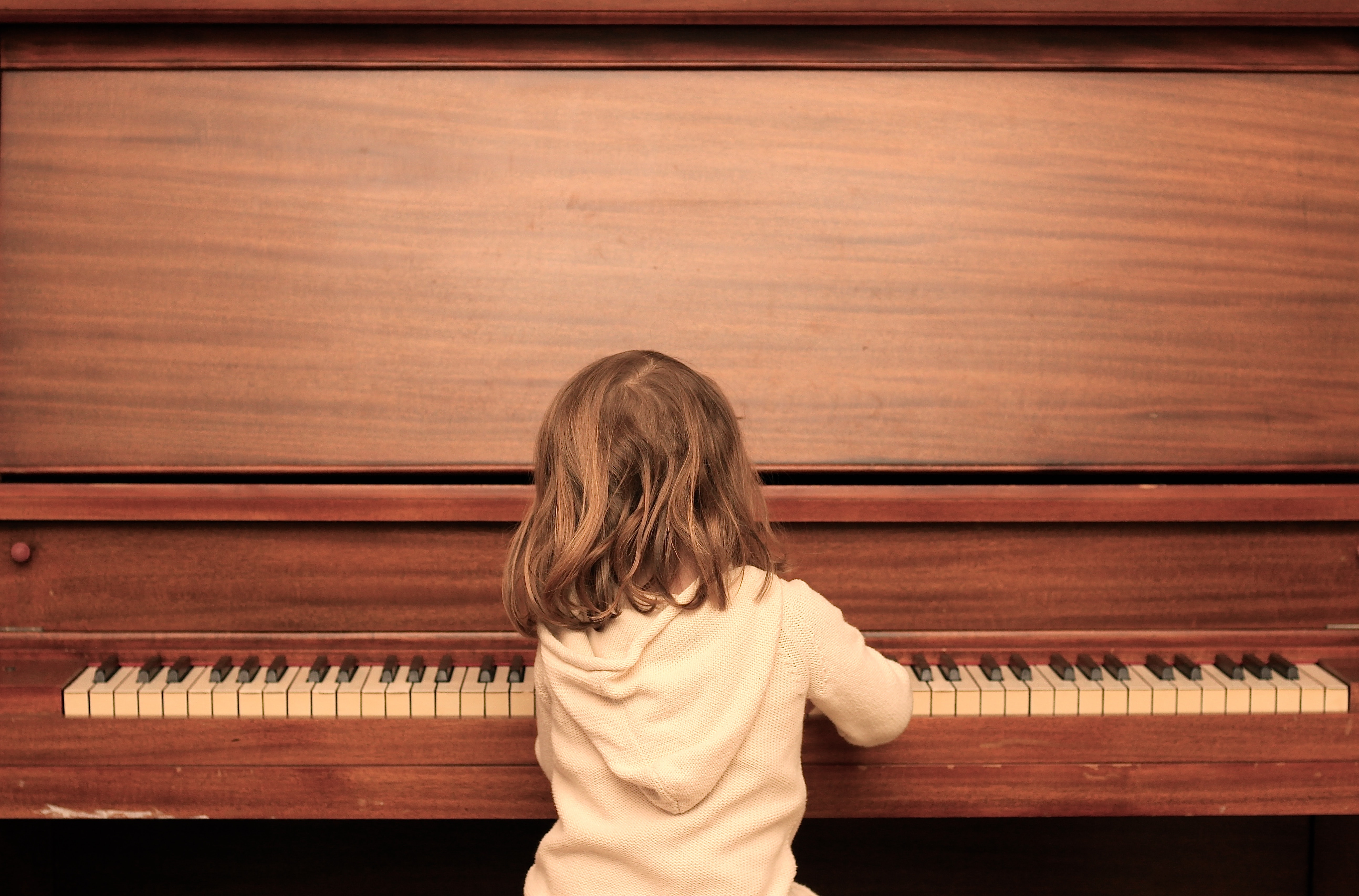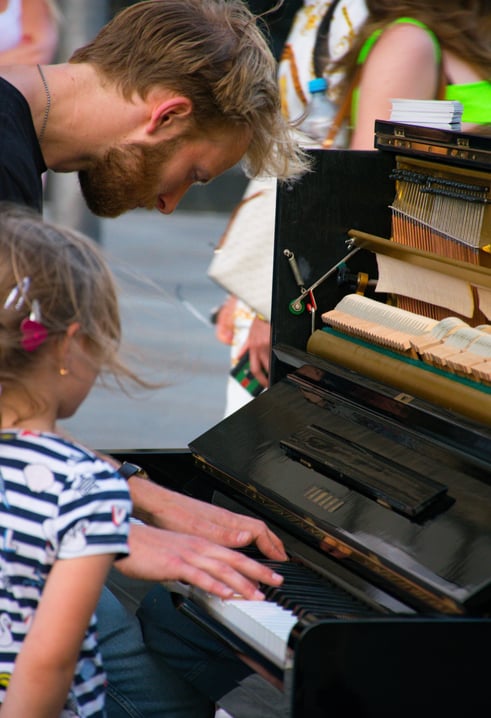It’s a common question - what will act as motivation for my kids to practice piano when they have begun learning?
Resistance is common, kids are kids after all, whether they are 2 years old, 5 years old or 7 years old.
Don’t despair though, we are here to provide top tips on how to motivate your children of 7 years old and above to practice piano and begin their lifelong love of music.
Music education is important, and we encourage it passionately. Learning the piano helps kids develop in other areas, most commonly within mathematics and languages.
It also helps with coordination, motor skills, concentration and emotions. And so, while of course it is not mandatory, it could be widely beneficial for your children to learn piano.
Tip #1: Kids piano practice sessions don’t have to be long
Telling your 7-year-old that they must practice piano for 30 minutes every day when they return home from school is likely to be an unpopular and ineffective move.
Making piano practice something to endure rather than enjoy will not result in a love of playing, so remember that 10 minutes of enjoyable practice is better than 30 minutes that is forced.
Tip #2: Look for small gaps in the day for your kids to play piano
For kids, piano practice is important, but don’t be too rigid about when this must be and remember that one day may be different to the next – there is nothing to say your child must practice piano at the same time every day.
It doesn’t have to be after school on a Friday when your child is particularly tired. It could be before school when they are most fresh, or a chilled out 10 minutes in their pyjamas before bed.

Tip #3: Strike the balance between study and play
The enjoyment of music making is just as important as teaching technical proficiency as your kids learn piano, so it’s important to strike the balance between study and play.
Allowing your energetic 7-year-old to get creative by writing their own music or trying to play their favourite pop song will elicit more enjoyment than always having to practice scales.
Tip #4: Create a rewards system
When it comes to learning the piano, for kids a rewards system can really work. Motivation to play piano and master those scales may come through promises of receiving items or experiences they love - take advantage of this to keep them on track in their musical progression.

Tip #5: Play piano with your kids
If you play as well, then practice piano with your child and let them see you enjoying it.

Even if you don’t play, join your child during their time practicing the piano at least once a week. Talk to them about how they feel about their progress, any struggles they are having and their goals for the week.
Everyone's different
The most important thing to remember is to do what is best for your child. Whether it’s praise, presents or playing for fun that works best for them, adopt the right strategy and instill in your child a love of playing the piano.
We have a great selection of pianos to get your child started - click here to learn which piano may be best. If you have any questions at all about learning the piano, or if you have any questions about pianos, don't hesitate to contact us.
Recommended
Articles
Message from Alexis Ffrench
Student pianist Alexandra Chen on small hand-spans, Spanish ...
2019: A YEAR IN REVIEW
Back to Blog







